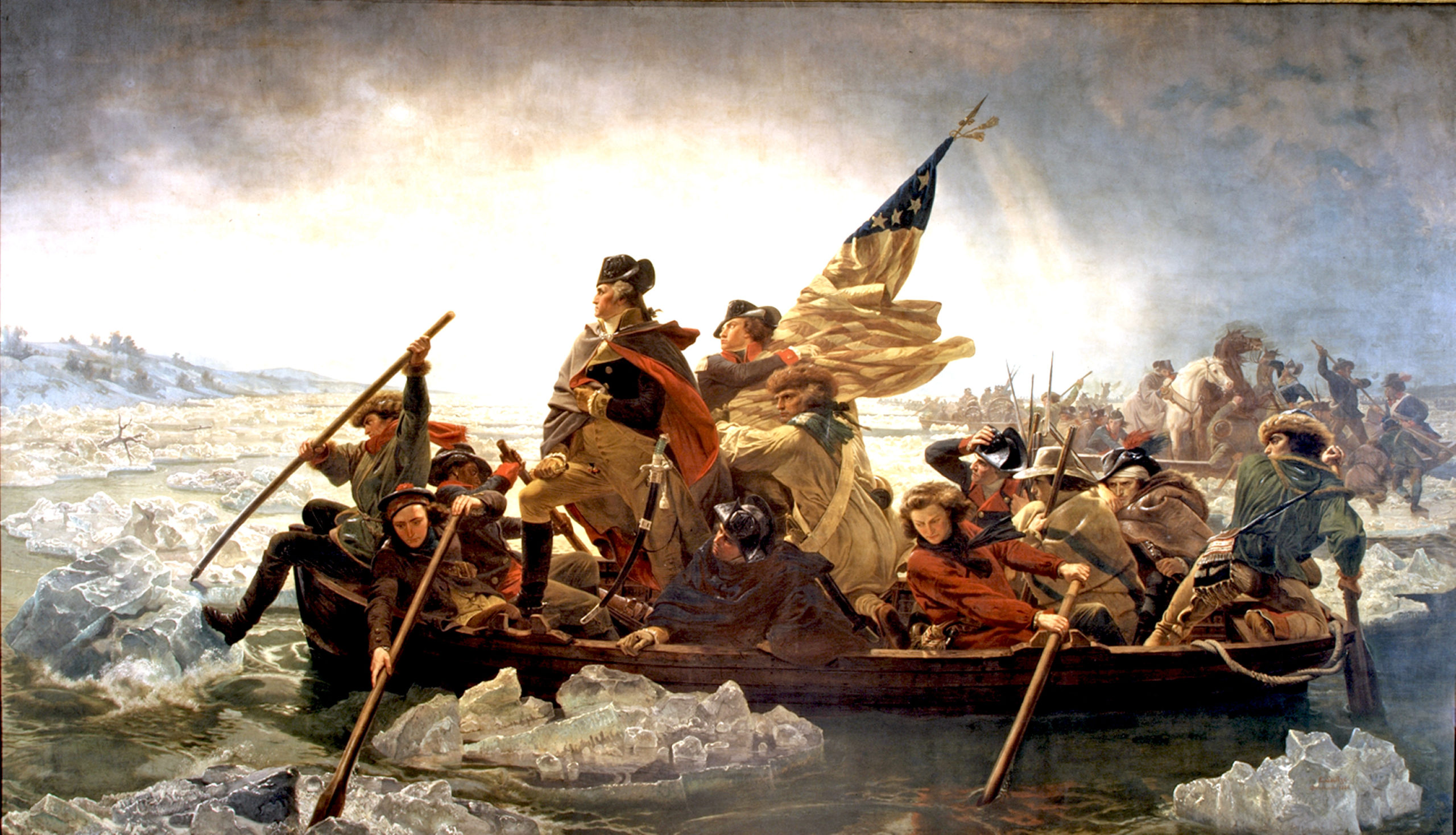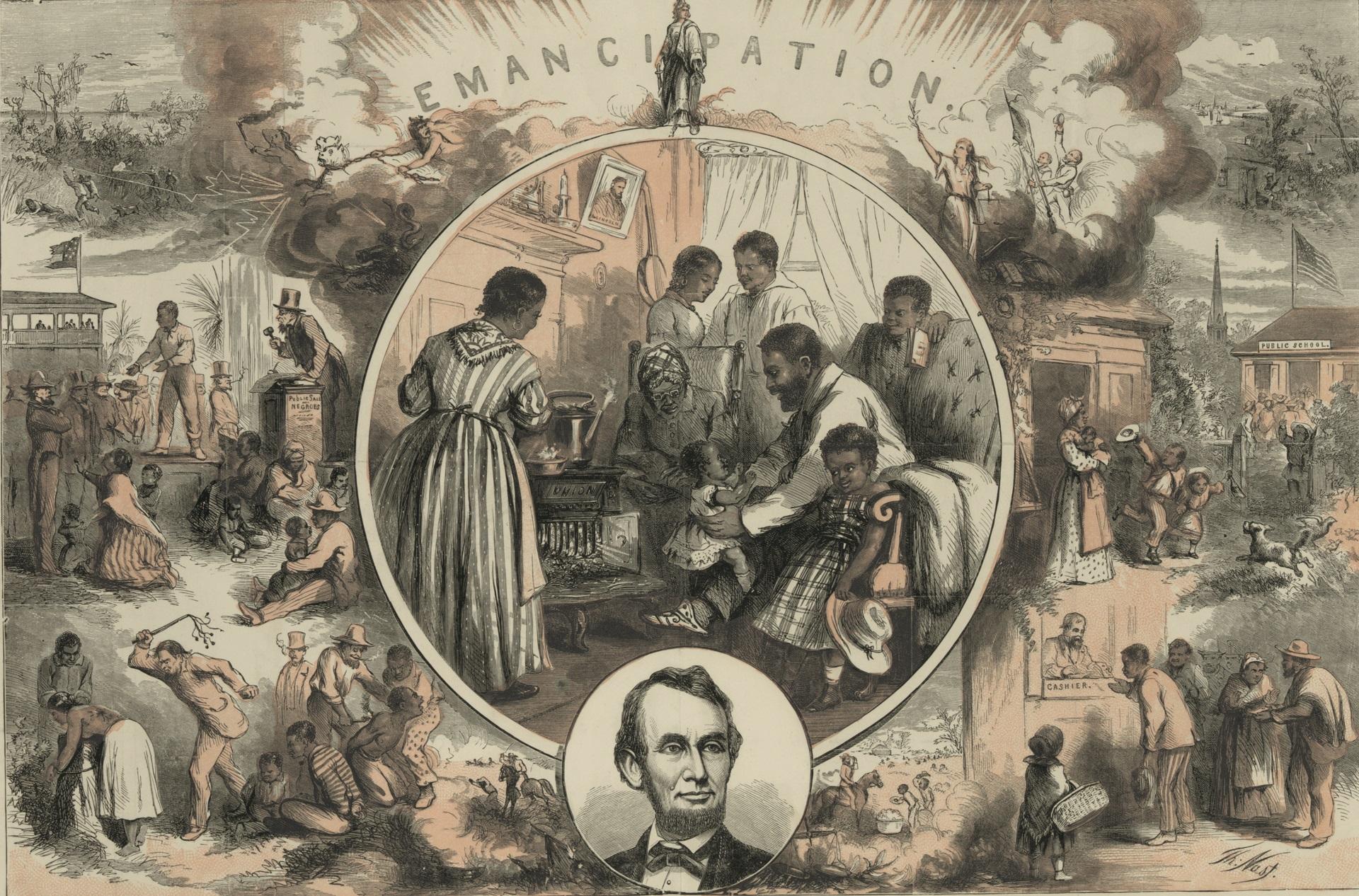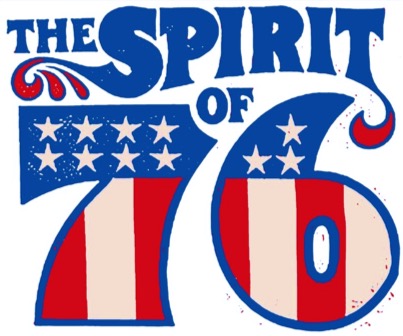Revisionist Black supremacist history can't grasp our shared equality.
American Christmas 1776: ‘Victory or Death’

"These are the times that try men's souls."
“One had to be a fool or a fanatic in early January 1776 to advocate American independence.” That is the considered judgment of one of the leading historians of the American Revolution. Meeting in Philadelphia, delegates from the thirteen colonies to the second Continental Congress had been discussing independence for months leading up to January 1776. Some were strong advocates. All delegates were pledged not to reveal the secrets of their conversations outside the doors of Congress. One reason for this was that discussion of independence was dangerous. Independence meant rebellion. Rebellion meant treason. Treason was a capital offense.
Nonetheless, one of those delegates, a 29-year-old physician and spirited patriot from Philadelphia named Benjamin Rush, sought out an acquaintance who was not a member of Congress to discuss advocating independence to the public. This acquaintance, a few years older, had been an unknown shopkeeper in England until a couple of years before; now he worked as an editor and writer for Pennsylvania Magazine; soon he would become the famous Thomas Paine. Paine liked Rush’s idea, maybe even more than Rush did. He set to work writing, and the two began to meet at night in Rush’s home reading passages aloud and editing them. When the pamphlet was finished, Rush suggested a title and arranged for a printer. On January 10, 1776, Common Sense was published, arguing fiercely and uncompromisingly for American independence. It became more widely read than any merely human writing yet published in America and contributed greatly to making the idea of independence seem not foolish or fanatical, but inevitable. On July 4, 1776 America went from discussing and advocating independence to declaring it. But declaring independence was a long, long way from achieving it.
By summer 1776, the most powerful navy in the world was conveying the greatest British expeditionary force in history across the ocean to suppress the American rebellion—over 30,000 professional soldiers, including 17,000 Hessians, experienced, fully equipped, and backed by the wealth of empire. George Washington’s rag-tag Continental Army seemed no match for this great force. The most informed leaders in England thought and said that they would make short work of the rebels. European powers largely agreed. Tories and even many revolutionaries in America thought the same thing. Through the summer and fall of 1776, Washington and his army suffered one defeat after another, retreating from New York, across New Jersey, and finally crossing the Delaware River into Pennsylvania, as British and Hessian forces pursued. His men were in tatters, many had no shoes and wrapped their feet in rags. Many were sick. Many more were dispirited. Winter was coming on. Enlistments would expire at the end of the year. On December 20, Washington wrote Congress: “10 days more will put an end to the existence of this army.”
Thomas Paine experienced first-hand and was deeply moved by the desperate plight of America’s army and the American cause. He donated proceeds from Common Sense to purchase mittens for the soldiers and volunteered to serve as a civilian aide on General Nathaniel Greene’s staff. In what he later described as a “passion of patriotism,” he began to write another pamphlet, to stir the spirit and resolve of the suffering soldiers and their countrymen. This one would be called The Crisis. It’s opening line became Paine’s most quoted sentence: “These are the times that try men’s souls.” This was followed by a line that became almost as familiar: “The summer soldier and the sunshine patriot will, in this crisis, shrink from the service of their country; but he that stands by it now, deserves the love and thanks of man and woman.” The first installment was printed in Philadelphia a few days before Christmas and may have been read to Washington’s troops.
On Christmas morning, 1776, Washington received a visitor in his tent on the Pennsylvania side of the Delaware River. It was Benjamin Rush. According to Rush’s recollection, he had never seen Washington in such a state: “He appeared much depressed, and lamented the ragged and dissolving state of his army in affecting terms.” They spent an hour together alone. As they spoke, Rush noticed Washington scribbling with his quill pen on small pieces of paper. One of the pieces of paper slipped to the floor and Rush “was struck with the inscription upon it.” It read, “Victory or Death.”
Only later did Rush learn that this was to be the password for a desperate military operation Washington was planning for that night. In daunting winter conditions, Washington led 2,400 of his troops across the swollen, ice-clogged Delaware River to attack 1,500 Hessians in winter quarters in Trenton, New Jersey. His daring attack was victorious and would be memorialized in one of the most well-known paintings of the Revolution. Washington followed it a week later with a victory at Princeton against British regulars. The stunning victories revived America’s revolutionary spirit, kept the army together, showed the British that they would have to conquer to prevail, and further elevated Washington as the great hero of the revolution. Frederick the Great said, “The achievements of Washington and his little band of compatriots were the most brilliant of any recorded in the annals of military achievements.” If Washington had “lived in the days of idolatry,” according to the Pennsylvania Journal, he would have “been worshiped as a god.”
“By all reasonable signs,” as David McCullough writes, before these victories, “the war was over and the Americans had lost.” Fools and fanatics are not governed by reasonable signs. Neither are heroes. In the heat of the moment, it’s sometimes hard to tell the difference.
The American Mind presents a range of perspectives. Views are writers’ own and do not necessarily represent those of The Claremont Institute.
The American Mind is a publication of the Claremont Institute, a non-profit 501(c)(3) organization, dedicated to restoring the principles of the American Founding to their rightful, preeminent authority in our national life. Interested in supporting our work? Gifts to the Claremont Institute are tax-deductible.
In 2020, Americans must decide whether their country is worthy of praise or contempt.
Excerpted from Edward J. Erler's new book.



